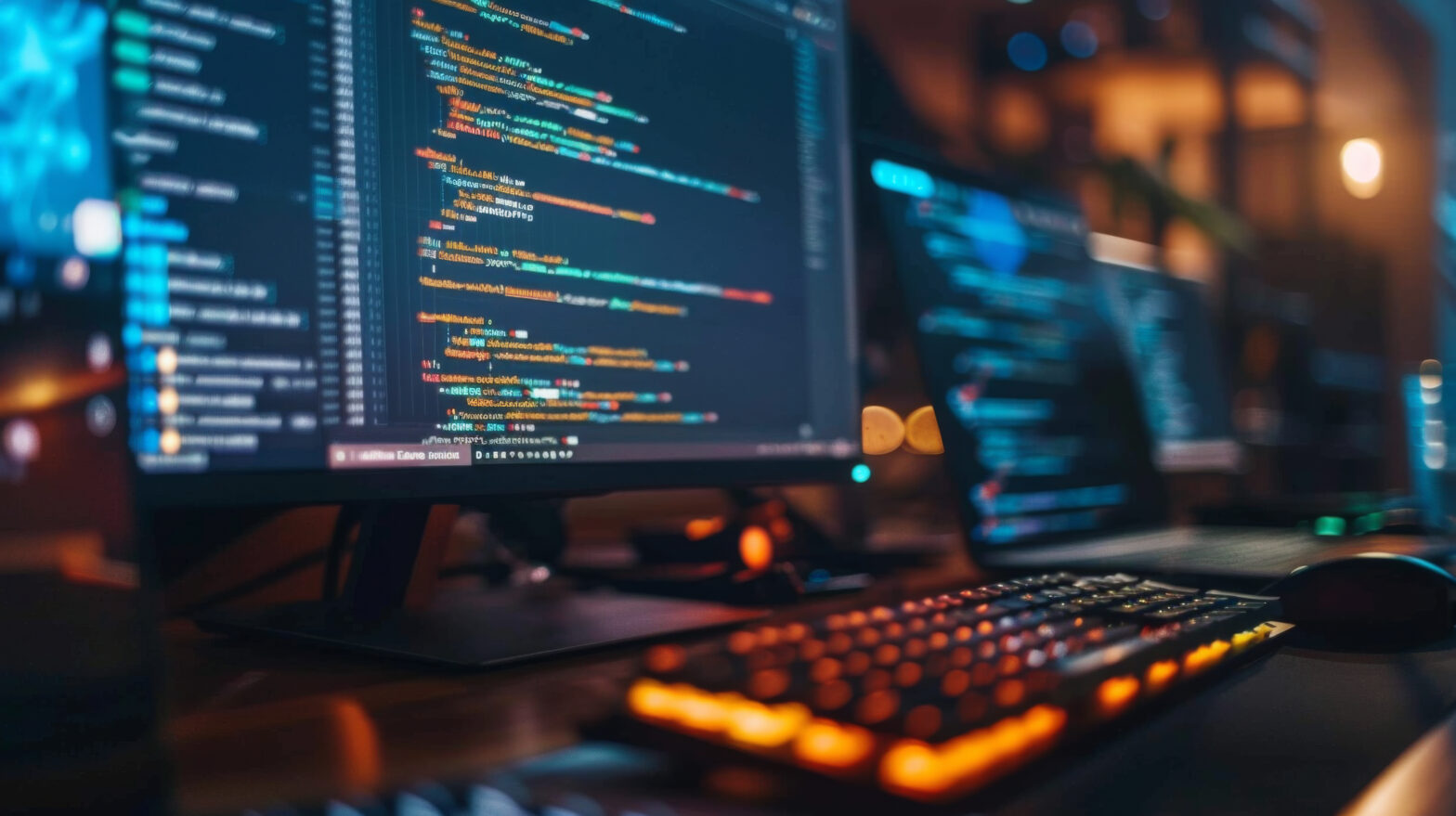When thinking about hackers, most of us imagine the stereotype of a solitary hooded figure hunched over a laptop, grinning maniacally as they drain your life savings with a few clicks. While real-world hackers wouldn’t stand out in the crowd and band together more often than not, pop culture is right in one key aspect – they are dangerous and can turn your life into a nightmare.
What damage can hackers do exactly? More importantly, what can you do to protect yourself and thwart their efforts? This article explains it all.
Cybersecurity – A Grim Necessity
Cybercrime is a booming business undeterred by economic or political uncertainties. The number of affected users and the impact of attacks like data breaches have kept increasing yearly. Hackers are keenly aware of the latest technological developments, leveraging tools like AI to make their illegal activities more effective and believable.
The damage they do is extensive, and monetary loss is just its most obvious and quantifiable aspect. Data breaches make millions of credentials vulnerable, with consequences ranging from account takeovers to money loss and identity theft. Companies with lax security allowed such attacks to succeed and suffer extensive reputational damage. The blow can be severe enough for businesses to shut their doors permanently, especially if they’re SMBs.
Individuals who think they’re not important or rich enough to become a target are in for a rude awakening sooner or later. Hackers have no qualms about extorting your last $100 bill with ransomware attacks or repurposing your unsecured devices to become part of botnet attacks.
All Is Not Lost, Though
Hacking is an evolving threat and isn’t going anywhere. The best thing you can do about this is to accept the facts and start making yourself into an unattractive target by improving your understanding and practical application of cybersecurity best practices. Here are the essentials.
Keep everything updated
Concerned users and hackers alike are constantly discovering new security vulnerabilities in programs and operating systems. Most developers patch such vulnerabilities out diligently – you only need to turn automatic updates on for all your devices. Keeping track of and replacing old programs and apps’s also a good idea. They may not have technical support anymore, so that no one will address any newly discovered threats or backdoors.
Back up and encrypt your most important data
Ransomware attacks are particularly bothersome since they can shut down access to your computer unless you cave and pay. Keeping backups ensures such attacks turn from being scary and costly into mild and manageable annoyances. Plus, backing your files up to the cloud will protect them in case of hardware theft or damage due to the elements, power outages, etc.
Some of your files are likely more sensitive than others. You should encrypt any personal data, business secrets, and other high-priority files with a complex algorithm. This doesn’t prevent theft on its own, but it does ensure hackers can’t access the data in any meaningful way since its contents get scrambled.
Use unique and sophisticated passwords
Being complacent about password best practices is common since we must deal with many login credentials nowadays. Duplicate and common passwords, along with information like your birthday, etc., are easy to hack. Worse yet, cracking one can compromise multiple accounts.
A password manager is a comprehensive and elegant solution to this problem. Think of it as part of a unique and complex login generator, a reliable vault for passwords on any device you own. Managers have cross-platform and autofill support, so you can log in from any device without much fuss while keeping access to your passwords restricted. This tool is invaluable for everyone—gamers, professionals, students, educators, and families—ensuring that all your digital accounts are both accessible and secure.
Start using two-factor authentication
Password strength is your responsibility, but you share each account’s security with the account’s service provider. Give out only the bare minimum information when creating accounts. A data breach due to poor security on their end will likely expose the associated password. Generating it with a password manager ensures no other accounts will suffer the same fate.
On the other hand, two-factor authentication prevents the compromised account from falling into hackers’ hands. It forces users to enter a second code when they access the account from a new location, rendering it useless to hackers since they don’t have your phone/authenticator. Two-factor authentication is often part of a password manager’s security suite.
Avoid vulnerable public Wi-Fi
Connecting to Wi-Fi networks in coffee shops, hotels, and other popular spots is among the greatest cybersecurity risks you may not be aware of. The networks themselves have low-security standards. Moreover, it’s easy for hackers to create lookalikes and monitor internet traffic for anyone who connects to such networks.
Avoid connecting to public Wi-Fi and use your mobile data plan instead. If that’s not an option, protect yourself with a VPN. VPNs create a protective tunnel around your internet connection that encrypts all incoming or outgoing traffic. Hackers might still infer that someone connects to the network they monitor. However, they can’t identify your IP address, track your online movements, or compromise your downloads.
One important thing to remember is that not all VPNs are identical. You can check Reddit’s VPN comparison table to evaluate the options on the market. With that being said, steer clear of free VPNs. While they don’t charge you with your money, they might profit off of your personal data.
Conclusion
You’re right to worry about hackers and their increasing threat to the digital world. However, there’s no need for worry to turn into panic, especially since safeguarding your identity, accounts, files, and device health is straightforward if you keep our tips in mind.




























